Air-source heat pumps have been providing efficient and reliable comfort for years. Despite this, many homeowners see them as a "new" technology. If you are considering upgrading your home comfort system and have concerns about heat pumps, we have the answers to some of the most common homeowner questions about these high-efficiency systems.
Do heat pumps work differently than conventional systems?
Unlike conventional HVAC systems, heat pumps provide heating and cooling in one unit. For space heating, air-source heat pumps transfer heat from the outside air into homes, even in cold weather. Conventional heating systems, by contrast, generate heat through combustion or electric resistance. Air-source heat pumps do operate similarly to conventional air conditioning systems, transferring air from inside homes to the outdoors.
Can you really save money with a heat pump?
Heat pumps are highly efficient, achieving energy efficiencies of up to 300% or more. However, system performance for most units is reduced at very cold temperatures. Overall, the average American household can save $370 a year by switching to a heat pump, according to Rewiring America. If you switch from an older, inefficient system, the savings can range up to $1,000 yearly. Savings can vary by household according to size, local climate, overall efficiency and other factors. Heat pumps are about as efficient as AC units of the same rating but are usually much more efficient than a furnace or electric heater.
Are heat pumps more costly to install?
Air-source heat pumps are typically more expensive to purchase and install than conventional heating and cooling systems. However, lower energy bills can more than make up for those extra costs over time. Also, financial incentives can help reduce your upfront costs. For example, a federal tax credit of up to $2,000 is available for the installation of eligible heat pumps. State and local incentives may also be available.
Can heat pumps provide effective heating in really cold weather?
Air-source heat pumps do lose some efficiency and heating capacity as the outdoor air temperature drops. In some cases, a backup heating system may be appropriate. However, cold climate heat pump models are now available that can provide efficient and cost-effective space heating in very cold temperatures.
Do heat pumps require more maintenance?
Thanks to their few moving parts, air-source heat pumps are typically very reliable and don't require much maintenance outside of an annual checkup. An average air-source heat pump has a lifespan between 15 and 20 years, and manufacturer warranties will cover many issues if they do happen to pop up.
Now you've got the answers you need. If your heating or cooling system is older or in need of repair, consider replacing it with an ENERGY STAR®-certified air-source heat pump. ENERGY STAR units are independently certified to be more efficient than standard systems.

